Beyond the Obvious: Unlikely Ways to Ease Depression and Anxiety

Over the past few years, I've observed a significant increase in the prevalence of anxiety and depression among many people. This, I believe, is linked to the series of global events that have left many feeling isolated, afraid, and a loss of control over their lives. Since 2020, many have faced unprecedented challenges with limited support to navigate the resulting stress and discomfort, which can contribute to the development of anxiety and depression.
Recently, I encountered 'Lost Connections' by Johann Hari, which resonated deeply with my own observations. Hari compellingly argues that depression and anxiety often stem from unmet needs for connection, meaning, and purpose. While traditional treatments like medication can be invaluable, he emphasises the crucial role of addressing these underlying needs in the healing process. This aligns perfectly with my own training as an emotional coach and the principles I learned in my studies at Harvard University on the science of happiness.
Many of the points Hari makes have been extensively researched and validated worldwide. In fact, I've found that addressing these fundamental needs can be as effective, and in some cases even more so, than relying solely on medication. While medication can offer vital short-term relief, it rarely addresses the root causes of these conditions – the lack of connection, meaning, and purpose in our lives. By proactively nurturing these essential aspects of our well-being, we can cultivate more sustainable and long-term recovery.
Below, I've outlined ten key practices that I often emcourage my clients to pursue, most of these are also discussed in Hari’s book, that can significantly support your mental health beyond medication.

Reclaim Your Biological Needs:
Sleep: Prioritise quality sleep. Aim for 7-9 hours of uninterrupted sleep each night.
Movement: Engage in regular physical activity, even if it's just a brisk walk.
Sunlight: Spend time outdoors, especially during daylight hours.
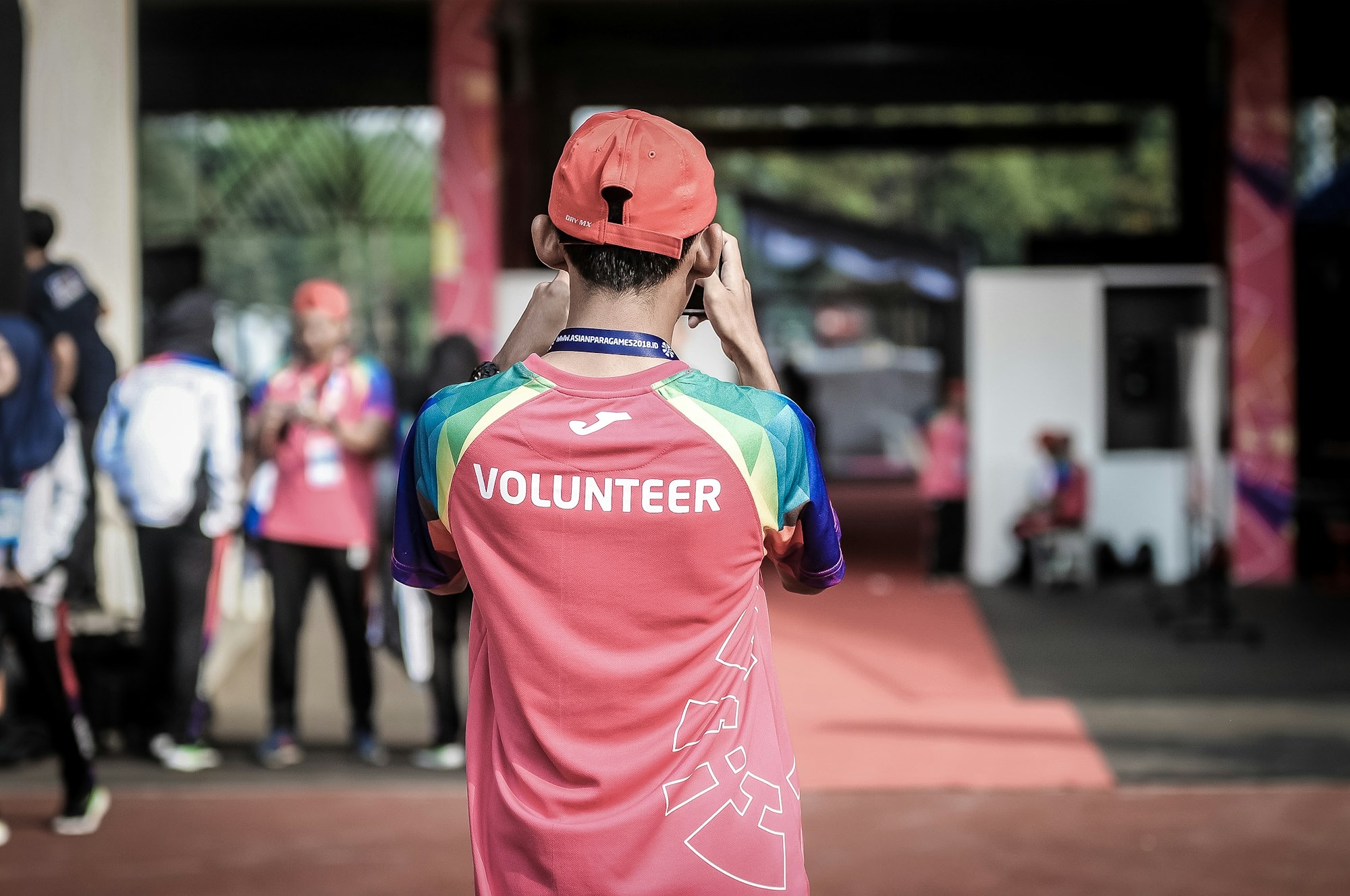
Cultivate Meaningful Connections:
Social Interaction: Engage in face-to-face interactions with loved ones.
Community Involvement: Volunteer your time to a cause you care about.
Belonging: Find a group or community that shares your interests.

Reclaim Your Autonomy:
Decision-Making: Take control of your life by making choices, big and small.
Challenge Your Beliefs: Question limiting beliefs that hold you back.
Set Boundaries: Learn to say "no" to things that drain your energy.
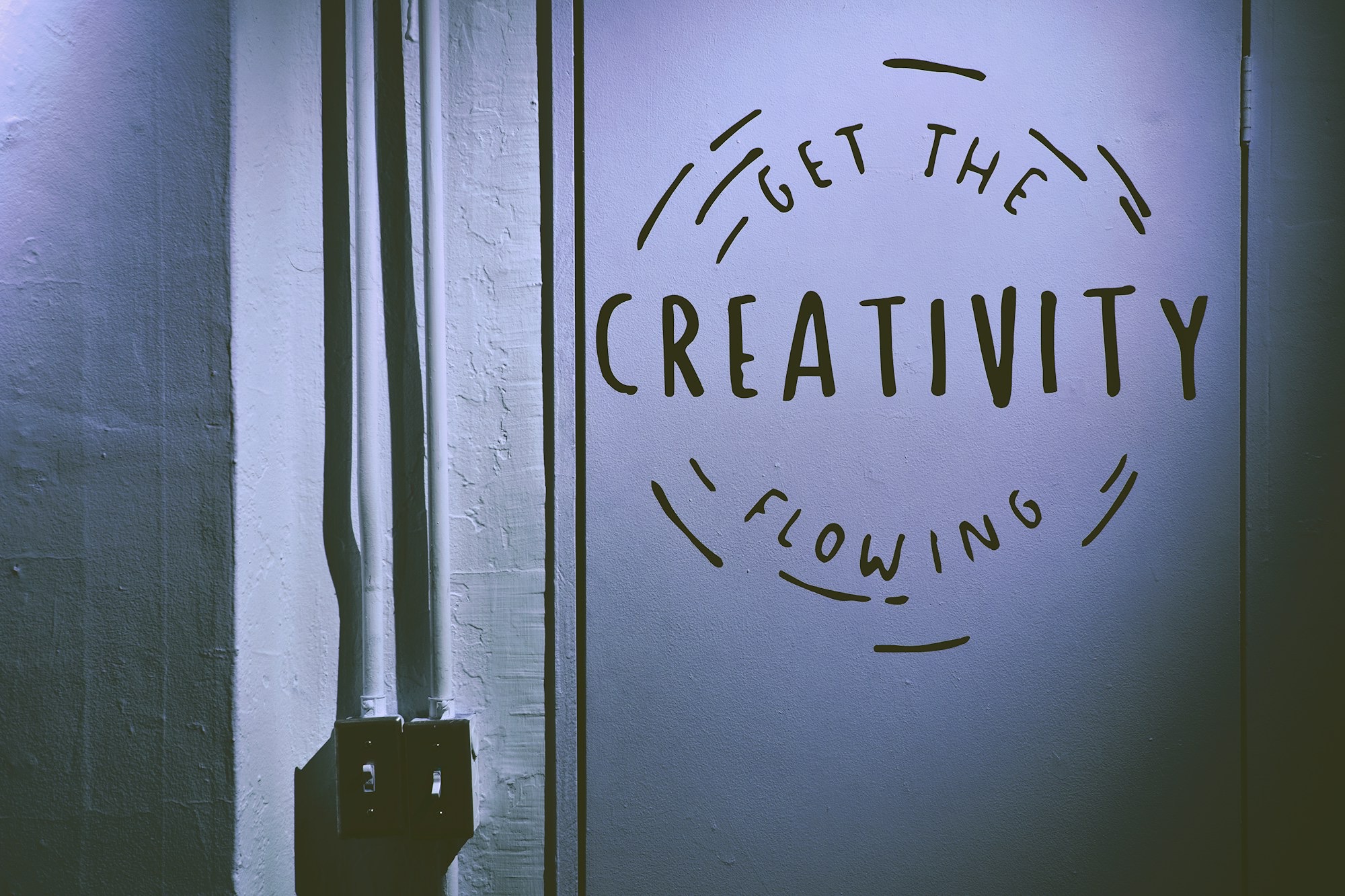
Reclaim Your Purpose:
Meaningful Work: Find work that aligns with your values and passions.
Creative Expression: Engage in activities that allow you to express yourself.
Contribution: Make a difference in the world, whether big or small.

Reclaim Your Wildness:
Nature: Spend time in nature, connecting with the natural world.
Play: Engage in activities that bring you joy and laughter.
Risk-Taking: Step outside your comfort zone and try new things
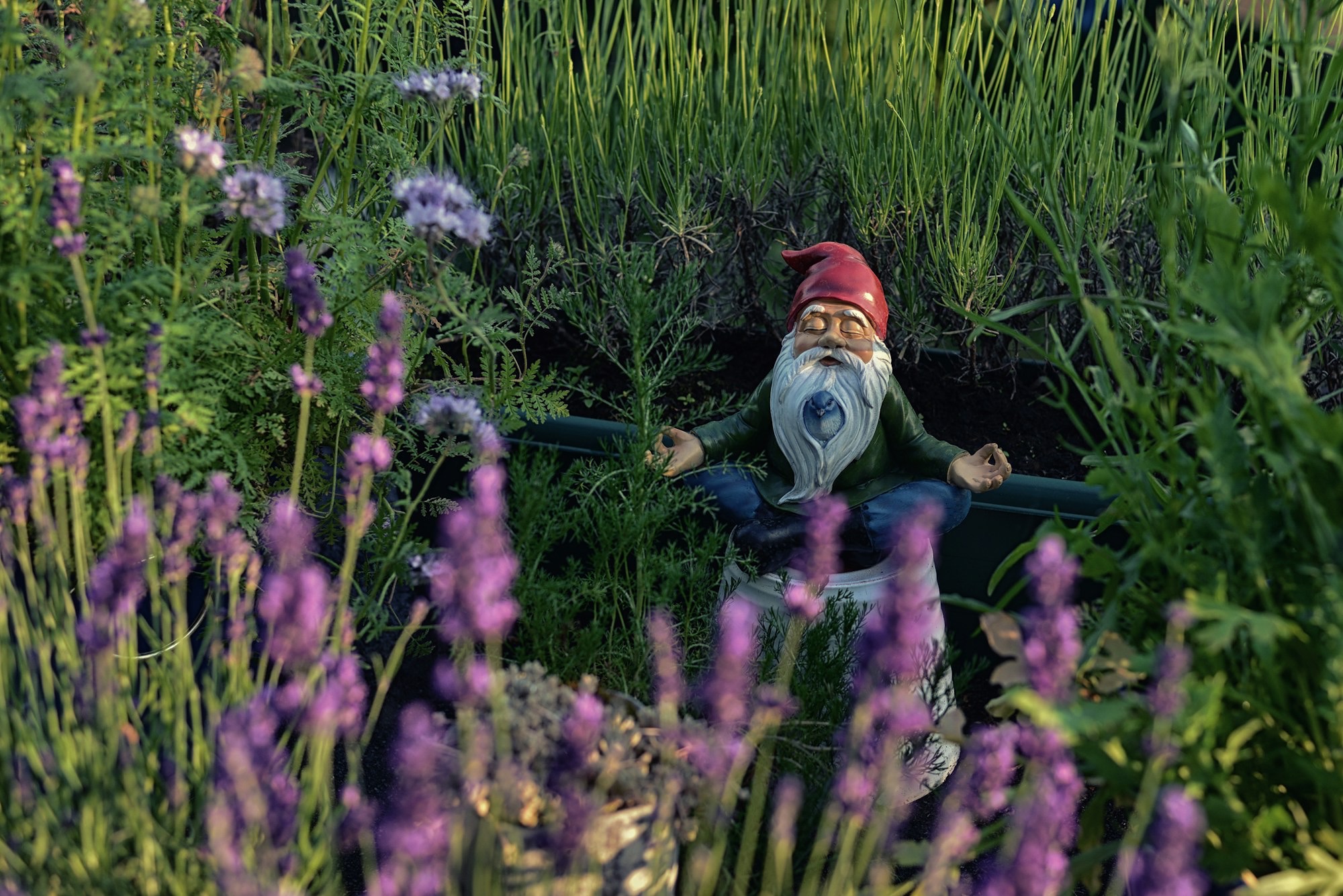
Mindfulness and Meditation:
Focus on the Present Moment: Mindfulness practices help shift your attention away from anxious thoughts about the future or regrets about the past.
Reduce Overthinking: Meditation can help quiet the mind and reduce the constant stream of anxious thoughts.

Address Social Isolation:
Technology with Caution: While technology can connect us, excessive use can also increase feelings of isolation.
Mindful Social Media: Be mindful of how social media impacts your mood. Limit your time and focus on authentic connections.
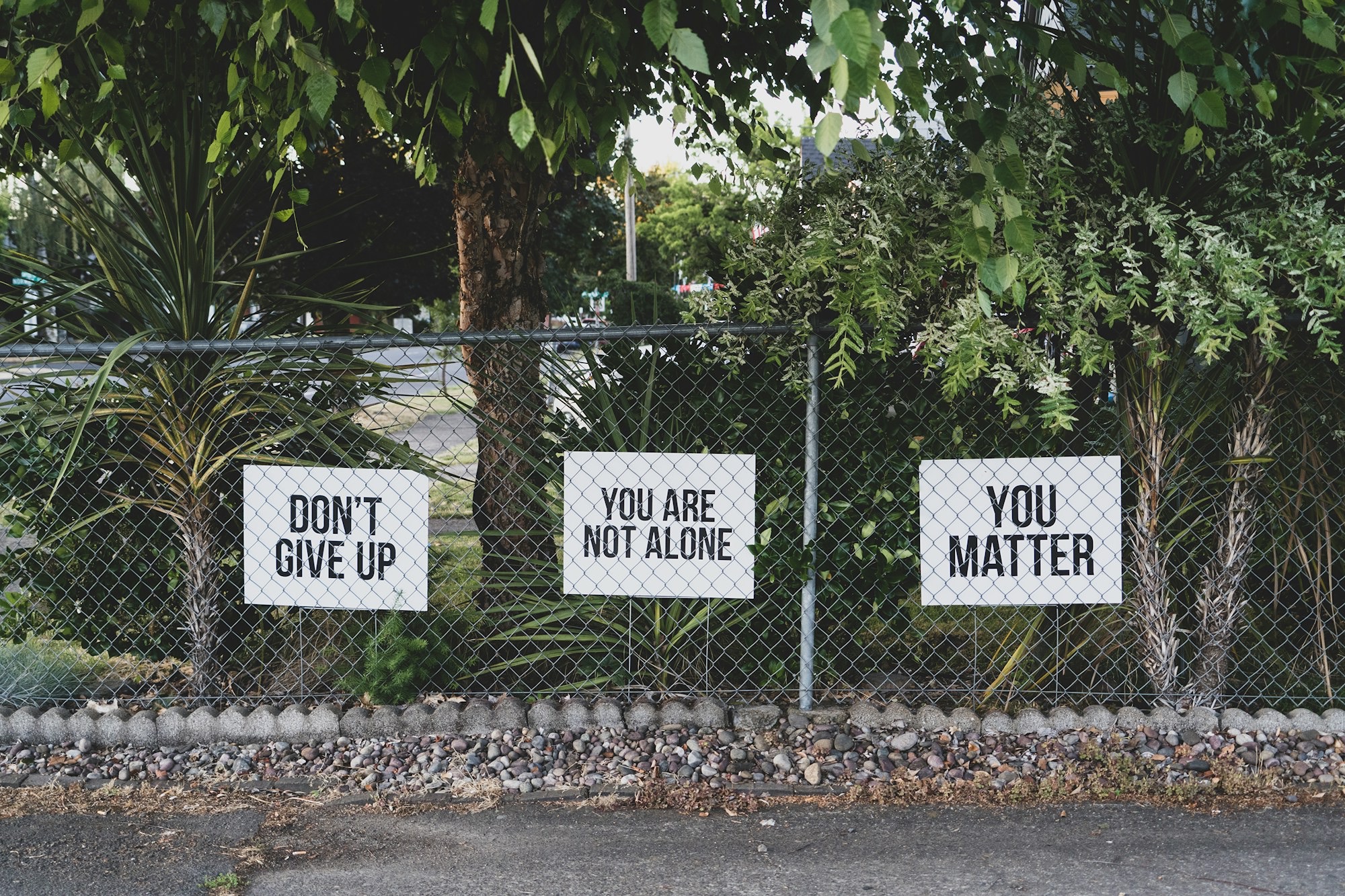
Challenge Negative Thinking Patterns:
Cognitive Behavioral Therapy (CBT): Is one type of therapy can help you identify and challenge negative thought patterns that contribute to anxiety.
Cognitive Restructuring: Learn to reframe negative thoughts into more positive and realistic ones.
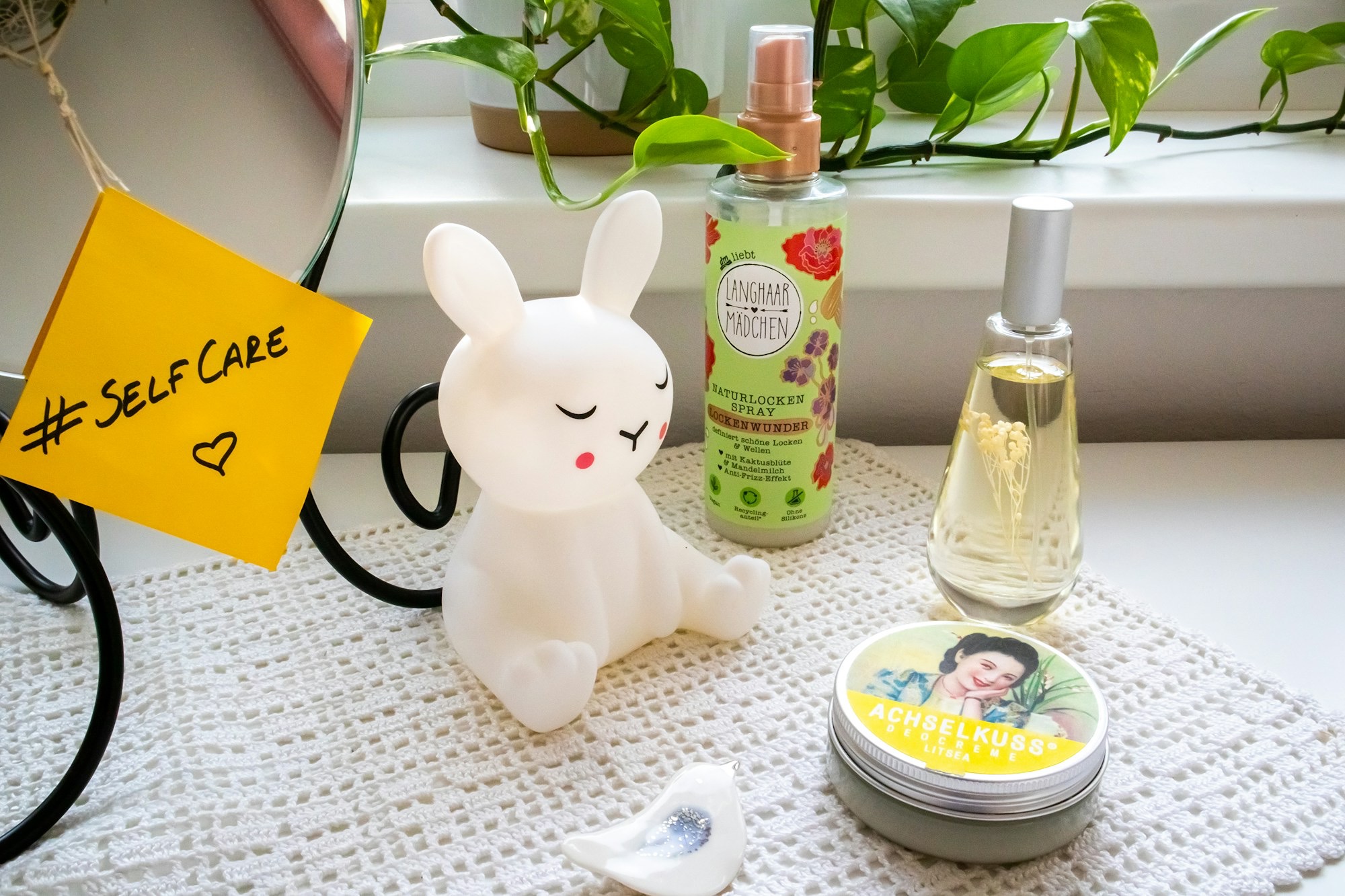
Prioritise Self-Care:
Relaxation Techniques: Practice relaxation techniques such as deep breathing, progressive muscle relaxation, or listening to calming music.
Engage in Hobbies: Make time for activities you enjoy, such as reading, creative activities, dancing or spending time in nature.
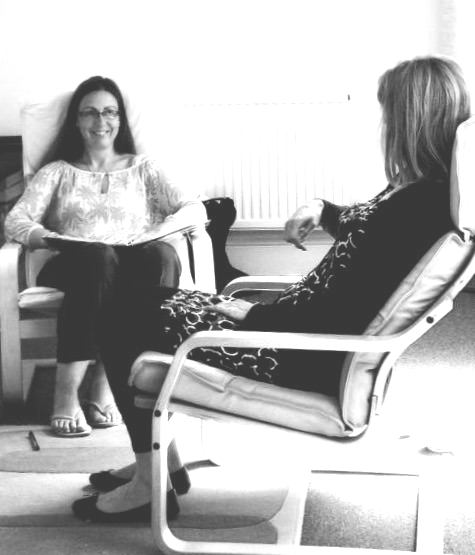
Seek Professional Support:
Therapy: A therapist can provide guidance and support in developing coping strategies for anxiety.
Support Groups: Connecting with others who understand can provide valuable support and reduce feelings of isolation.
N.B. These suggestions are designed to be a guide for steps you can take to support your own wellbeing and mental health. It is not designed as a replacement for professional medical advice. If you are struggling with anxiety or depression, please consult with a qualified mental health professional.
This article about the difference between a coach and a therapist may be helpful
Comments